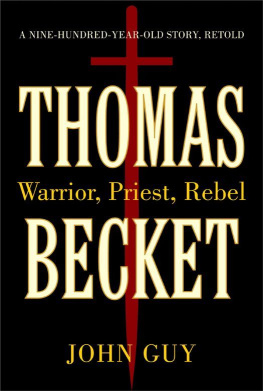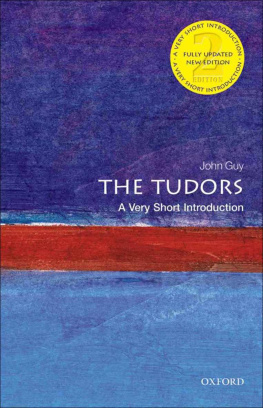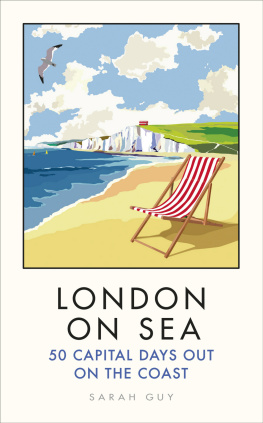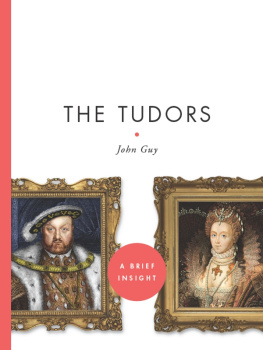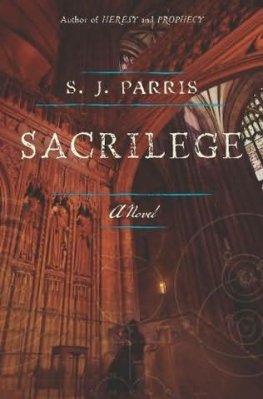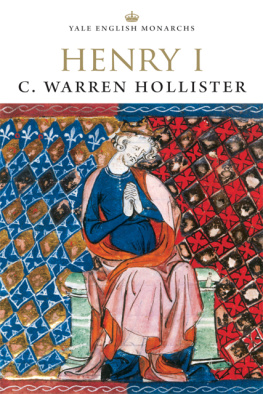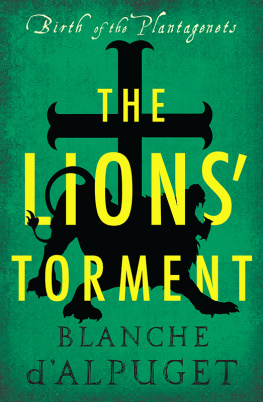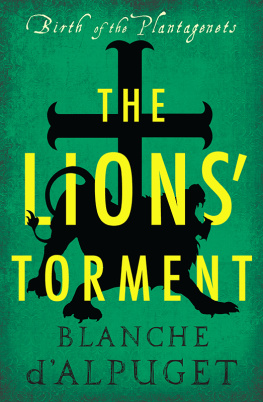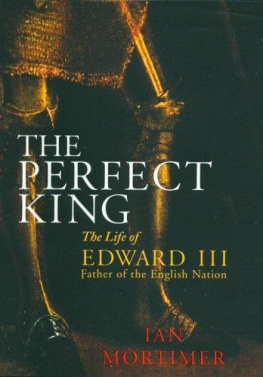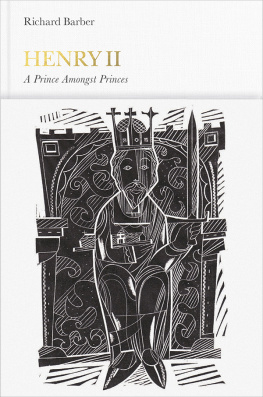Guy - Thomas becket : warrior, priest, rebel
Here you can read online Guy - Thomas becket : warrior, priest, rebel full text of the book (entire story) in english for free. Download pdf and epub, get meaning, cover and reviews about this ebook. City: New York, year: 2013, publisher: Random House Publishing Group, genre: Non-fiction. Description of the work, (preface) as well as reviews are available. Best literature library LitArk.com created for fans of good reading and offers a wide selection of genres:
Romance novel
Science fiction
Adventure
Detective
Science
History
Home and family
Prose
Art
Politics
Computer
Non-fiction
Religion
Business
Children
Humor
Choose a favorite category and find really read worthwhile books. Enjoy immersion in the world of imagination, feel the emotions of the characters or learn something new for yourself, make an fascinating discovery.
- Book:Thomas becket : warrior, priest, rebel
- Author:
- Publisher:Random House Publishing Group
- Genre:
- Year:2013
- City:New York
- Rating:3 / 5
- Favourites:Add to favourites
- Your mark:
Thomas becket : warrior, priest, rebel: summary, description and annotation
We offer to read an annotation, description, summary or preface (depends on what the author of the book "Thomas becket : warrior, priest, rebel" wrote himself). If you haven't found the necessary information about the book — write in the comments, we will try to find it.
Abstract: A revisionist new biography reintroducing readers to one of the most subversive figures in English historythe man who sought to reform a nation, dared to defy his king, and laid down his life to defend his sacred honor Beckets life story has been often told but never so incisively reexamined and vividly rendered as it is in John Guys hands. The son of middle-class Norman parents, Becket rose against all odds to become the second most powerful man in England. As King Henry IIs chancellor, Becket charmed potentates and popes, tamed overmighty barons, and even personally led knights into battle. After his royal patron elevated him to archbishop of Canterbury in 1162, however, Becket clashed with the King. Forced to choose between fealty to the crown and the values of his faith, he repeatedly challenged Henrys authority to bring the church to heel. Drawing on the full panoply of medieval sources, Guy sheds new light on the relationship between the two men, separates truth from centuries of mythmaking, and casts doubt on the long-held assumption that the headstrong rivals were once close friends. He also provides the fullest accounting yet for Beckets seemingly radical transformation from worldly bureaucrat to devout man of God. Here is a Becket seldom glimpsed in any previous biography, a man of many facets and faces: the skilled warrior as comfortable unhorsing an opponent in single combat as he was negotiating terms of surrender; the canny diplomat with the appetite of a wolf who unexpectedly became the spiritual paragon of the English church; and the ascetic rebel who waged a high-stakes contest of wills with one of the most volcanic monarchs of the Middle Ages. Driven into exile, derided by his enemies as an ungrateful upstart, Becket returned to Canterbury in the unlikeliest guise of all: as an avenging angel of God, wielding his power of excommunication like a sword. It is this last apparition, the one for which history remembers him best, that will lead to his martyrdom at the hands of the kings minionsa grisly episode that Guy recounts in chilling and dramatic detail. An uncommonly intimate portrait of one of the medieval worlds most magnetic figures, Thomas Becket breathes new life into its subjectcementing for all time his place as an enduring icon of resistance to the abuse of power. NAMED ONE OF THE BEST BOOKS OF THE YEAR BY Kansas City Star Bloomberg From the Hardcover edition
Guy: author's other books
Who wrote Thomas becket : warrior, priest, rebel? Find out the surname, the name of the author of the book and a list of all author's works by series.

